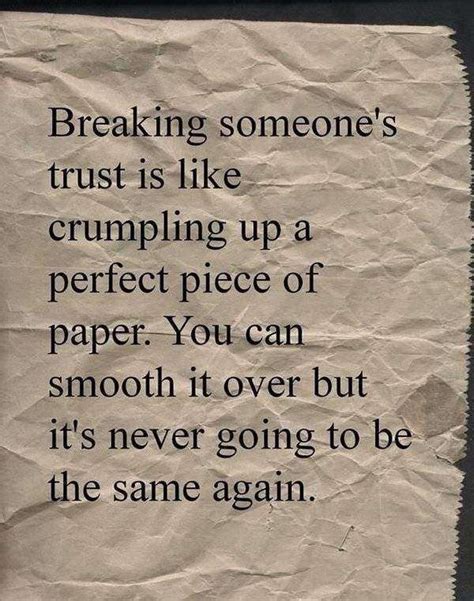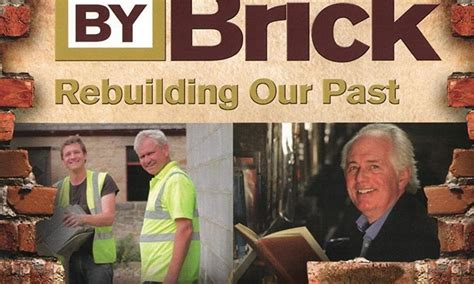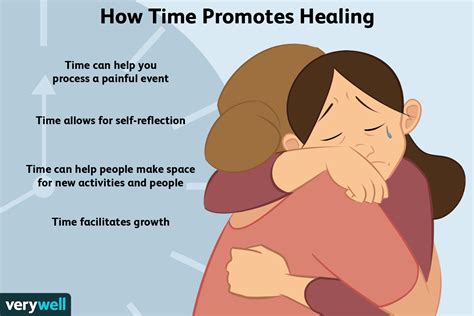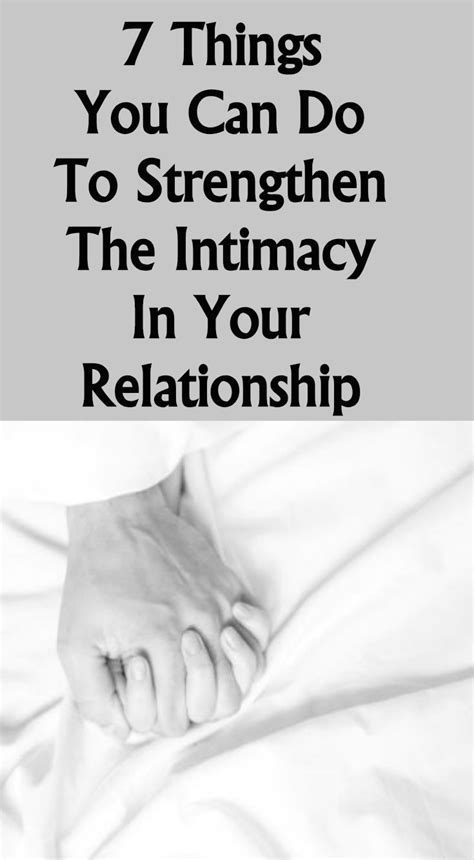The Rocky Road to Restoring Trust
Trust is the bedrock of any meaningful relationship, be it romantic, familial, or platonic. When that trust is breached – whether through deception, infidelity, a broken promise, or a significant mistake – the foundation can crumble, leaving behind hurt, anger, and doubt. The question then becomes: can trust ever truly be rebuilt, and if so, how?
While the path to restoring trust is undoubtedly arduous and requires immense effort from all parties, it is not impossible. It demands patience, consistency, and a deep commitment to healing. This article explores the essential steps involved in rebuilding that fragile bond.

1. Acknowledge and Apologize Sincerely
The first and most critical step is for the party who breached trust to genuinely acknowledge their actions and the pain they caused. A heartfelt, non-defensive apology is paramount. This isn’t about making excuses, but about taking full responsibility. The apology should clearly state what you are sorry for, express remorse, and demonstrate an understanding of the impact your actions had on the other person.
2. Practice Empathy and Active Listening
After an apology, it’s crucial to give the hurt party space to express their feelings without interruption or judgment. Listen actively and empathetically. Try to understand their perspective, their pain, and their fears. Validate their feelings, even if they’re difficult to hear. This shows that you value their experience and are committed to understanding the depth of the damage.

3. Commit to Change and Demonstrate Consistency
Words are a good start, but actions speak louder. Rebuilding trust requires a commitment to changing the behaviors that led to the breach. This means: If transparency was lacking, be transparent. If promises were broken, become someone who keeps promises. This isn’t a one-time fix; it’s an ongoing process of demonstrating new, trustworthy behavior consistently over time.
- Transparency: Be open about your whereabouts, your communications, and your actions.
- Follow-through: Do what you say you’re going to do.
- Boundaries: Respect boundaries and commitments you’ve made to rebuild trust.

4. Be Patient and Understand That Healing Takes Time
Trust isn’t rebuilt overnight; it’s a gradual process, like mending a broken bone. There will be setbacks, moments of doubt, and possibly even re-opened wounds. The person whose trust was broken may need a lot of reassurance and time to process their feelings. Be prepared for this journey to be long and sometimes frustrating. Patience is not just a virtue here; it’s a necessity.

5. Re-establish Open Communication
As the healing progresses, maintaining open and honest communication is vital. Regularly check in with each other about feelings, progress, and concerns. This ongoing dialogue helps to reinforce the new foundation of trust and addresses any lingering insecurities. It also provides an opportunity to discuss expectations and boundaries for the future of the relationship.
6. Consider Professional Help
For significant breaches of trust, especially those involving complex emotional wounds, seeking professional help from a therapist or counselor can be incredibly beneficial. A neutral third party can facilitate communication, provide tools for healing, and help both individuals navigate the difficult emotions and processes involved in rebuilding trust.

The Outcome: A Stronger, More Resilient Bond?
While challenging, successfully rebuilding trust can sometimes lead to a relationship that is even stronger and more resilient than before. The process forces deep introspection, clarifies values, and strengthens communication skills. It demonstrates a profound commitment to the relationship and each other. It’s a testament to the power of forgiveness, perseverance, and the human capacity for growth and healing.




